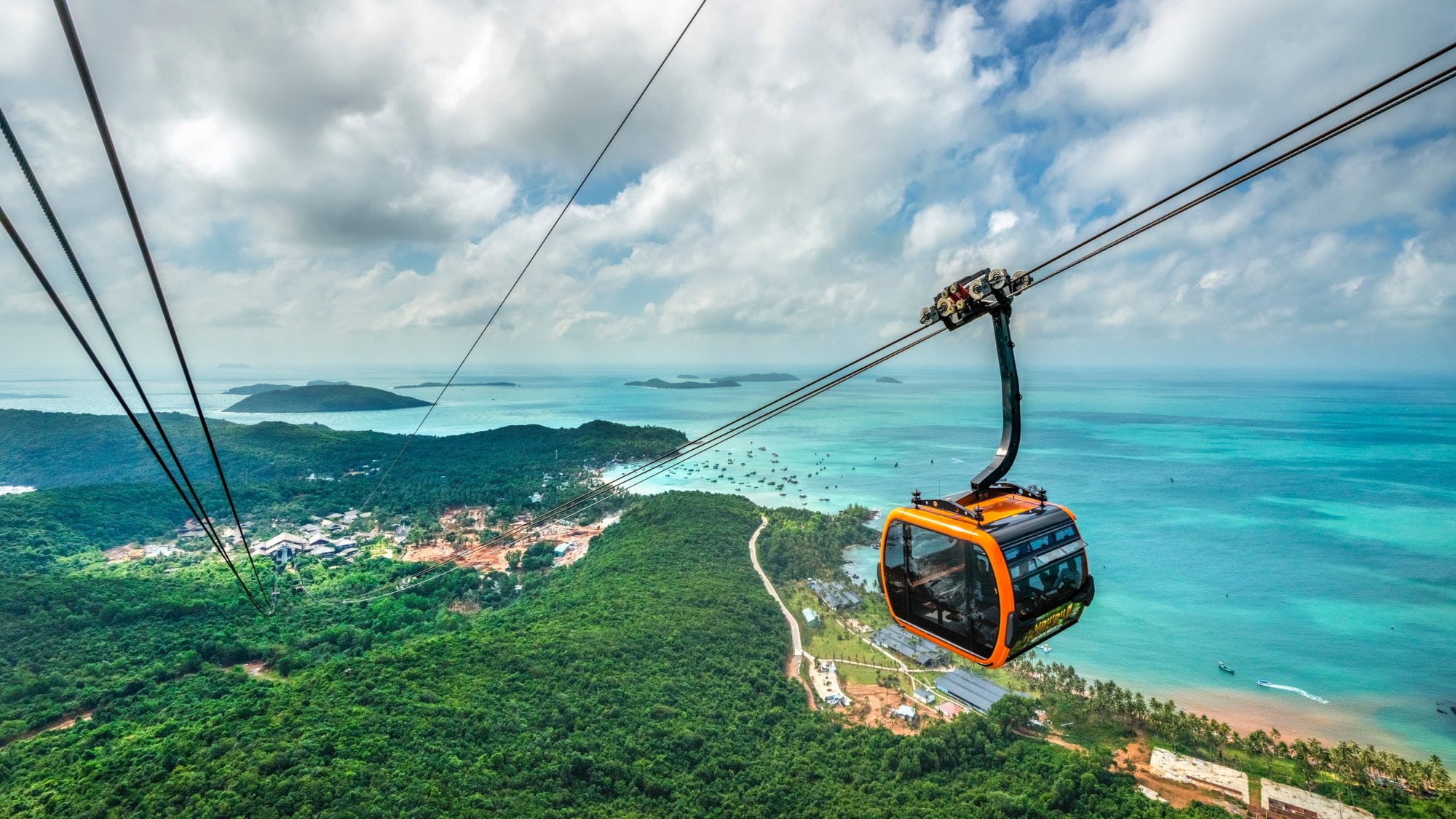Vietnam is seeing a decreasing number of new COVID-19 cases in recent days, with Thursday’s tally the lowest ever since mid-July. If this downward trend continues, the government is optimistic it can fully reopen borders from June 2022.
The national government said on Wednesday that it targets to resume all economic and tourism activities in June next year, including allowing fully vaccinated foreign visitors to enter Vietnam.
It’s been a year and seven months since the country closed all of its borders from foreign arrivals to prevent the spread of COVID-19. Only diplomats, select experts and workers and repatriated Vietnamese nationals have been granted permission to enter the country. While such a move was initially successful and even got Vietnam named as a success story in 2020, it also severely impacted the tourism industry, in which a significant part of Vietnam’s economy relies on.
According to the latest report from the Vietnam Government Portal, the Ministry of Culture, Sports and Tourism is working on a strategic reopening plan, which will start with a trial reopening of Phu Quoc island next month.
From November 2021 to March 2022, Phu Quoc Island will be the first destination to be reopened to foreign arrivals mainly from source markets with good management of the COVID-19 pandemic and high vaccination rate such as Northeast Asia, Europe, the US, the Middle East and Australia.

Foreign tourists who plan to visit the island should be fully vaccinated, with their second dose taken at least 14 days and not more than 12 months before the date of entry. They must also be tested negative for coronavirus within 72 hours before their flight to Vietnam.
From December 2021 to June 2022, other popular tourist destinations such as Halong Bay, Hoi An, Nha Trang and Dalat may be open to foreign arrivals.
Vietnam originally announced it would reopen Phu Quoc in October, but soon after restrictions in the island were slowly lifted, new COVID-19 cases emerged which forced the island, located in the southern province of Kien Giang, to postpone plans.
Phu Quoc, Vietnam’s largest island and top tourist destination, is home to over 100,000 people who mainly rely on its fast-growing tourism sector.
The government has yet to finalize guidelines and preparations for the reopening. But in September, it said that Phu Quoc is expected to welcome at least 2,000 tourists every month by charter flights in the first three months (November to January), and increase to 5,000-10,000 visitors coming through commercial flights when the program is proven successful.
Next month, Vietnamese cities and provinces where the pandemic is brought under control may also start accepting domestic visitors, but preventive measures must still be strictly observed.
In a bid to support local travel agencies and tour operators that have reported almost-zero revenue since 2020, the government introduced new policies, including reduction of retail electricity prices for tourist accommodations totaling VND 1.47 trillion.
Hotels and facilities that were previously used for quarantine and other COVID-19-related activities will also be enjoying 100% reduction. Medical facilities used to test and treat coronavirus patients, meanwhile, have been granted a 20% reduction.

On Thursday, the government has also agreed on a set of criteria for the recognition and use of vaccine passports as it gets ready to accept foreign travelers. The Ministry of Foreign Affairs said that Vietnam accepts all vaccines licensed by the World Health Organization or the US Centers for Disease Control and Prevention, the European Medicines Agency, and those approved by the Vietnamese Ministry of Health for emergency use.
Foreign ministry’s spokesperson Le Thi Thu Hang further noted that while the use of vaccine passports or digital health certificates still has to undergo extensive trial to prevent any issues on data protection and hacking, it is one of the most feasible solutions for the economy to restart.



